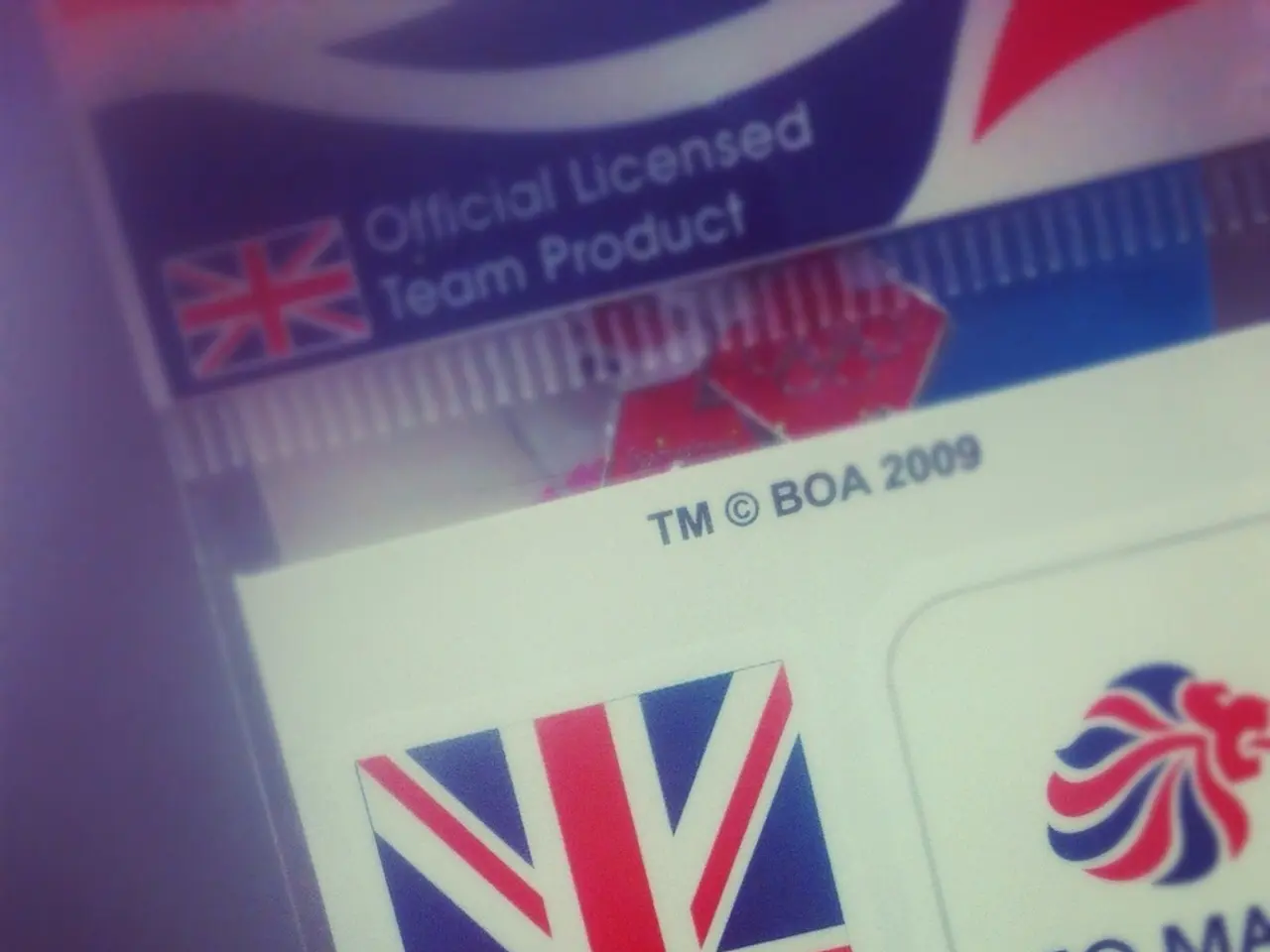Cryptomat restrictions imposed by Wisconsin authorities
In a bid to bolster consumer protection and combat money laundering, Wisconsin lawmakers have proposed stringent regulations for cryptocurrency Automated Teller Machines (ATMs), also known as cryptomats. The proposed legislation—Senate Bill 386 and Assembly Bill 384—aim to impose strict Know Your Customer (KYC) and operational controls on crypto ATM providers.
The key regulatory provisions proposed include:
- Licensing: Crypto ATM operators must obtain a money transmitting license to legally operate in Wisconsin.
- User Identification: Operators are required to collect extensive user information, including names, addresses, birthdates, email addresses, and government-issued photo ID such as passports or driver’s licenses. A photograph of the user must be taken at each transaction to ensure identity verification.
- Transaction Limits: Transactions at crypto ATMs are capped at $1,000 per user per day to limit fraud risk and large-scale financial loss.
- Fee Caps: The bills cap the fees operators can charge customers, limiting them to $5 or 3% of the transaction value, whichever is higher.
- Fraud Protections: Operators must post clear, visible warning labels at the ATMs informing users about the potential for fraud. Additionally, if a customer is fraudulently induced into a transaction, operators are required to reimburse the full amount if notified within 30 days alongside law enforcement contact.
These legislative proposals respond to concerns over fraud and lack of oversight in the crypto ATM sector by closely aligning crypto ATM transactions with traditional money transmission regulations, emphasizing transparency, user protections, and regulatory compliance. The bills’ progress in both legislative chambers is meant to accelerate their enactment.
Before the first operation, users must pass verification, providing their name, date of birth, address, phone number, and identity card. If the draft laws are passed, the new rules will come into force through 60 days after signing.
Arjun Vijay, the founder of the crypto exchange giottus, emphasized the vulnerability of cryptomats due to the lack of robust KYC procedures, making them prone to money laundering. The number of complaints about fraud through cryptomats increased by 99% in 2024, reaching almost $247 million.
Dilip Kumar, Director of Digital South Trust, stated that the new regulations will increase confidence in digital currencies, although they will limit the anonymity of users. In July, New Zealand’s Deputy Minister of Justice, Nicole McKee, announced plans for a complete ban on cryptomats in the country to combat money laundering. Currently, there are 30,964 cryptomats in New Zealand, with 582 in the USA, and around the world, there are 39,369 devices (Coin ATM Radar).
In conclusion, Wisconsin is moving toward stringent crypto ATM regulation including licensing, KYC/data collection, transaction and fee limits, user warnings, and mandatory reimbursement for fraud victims to curtail fraud and protect consumers.
- The proposed regulations for cryptocurrency ATMs in Wisconsin could impact the Bitcoin industry, as operators will be required to comply with strict KYC and operational controls, including collecting extensive user data and verification checks.
- In an attempt to boost consumer protection and combat money laundering, the finance and business sectors may need to adapt to changes in the Bitcoin industry, such as the implementation of user identification measures and transaction limits, as regulations for cryptocurrency ATMs become more stringent worldwide.







